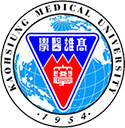-Kaohsiung Medical University Chung-Ho Memorial Hospital-
To enhance laboratory efficiency and reduce patient waiting time, Kaohsiung Medical University Chung-Ho Memorial Hospital has taken the lead in implementing cutting-edge technology by installing Asia’s first ultra-high-speed automated specimen transport system. By integrating a 200-meter cross-building pneumatic tube systemwith AI-driven data analytics, the hospital has revolutionized its laboratory processes. This innovativeadvancement contributed to KMUH’s continued success at the 25th National Healthcare Quality Award (NHQA), where the hospital once again received the Smart Hospital Full-Organization Certification under the Smart Healthcare category.How does this groundbreaking system operate? How do medical technologists ensure the accuracy and progress of every specimen? For the first time, KMUH unveils the 200-meter cross-building pneumatic tube system that powers this intelligent transformation—let’s take a closer look.
The new system features a single-tube pneumatic design that ensures stable and secure transport of specimens. With the ability to deliver samples vertically across buildings, the system can transport a specimen up to 200 meters in just 23 seconds, significantly cutting down manual transport time and the risk of human error. It accommodates various clinical needs through multiple delivery channels, including direct point-to-point routes for emergency specimens. Previously, it took about 35 minutes to deliver a specimen from a cross-buildingphlebotomy counterto the laboratory. Now, with barcode recognition technology, specimenscan reach the hematology lab in under 23 seconds. For urgent biochemistry and immunology tests, a fully automated track system combined with AI-powered route optimization selects the fastest delivery path. Medical technologists can monitor the real-time status of each specimen by using an AI Specimen Tracking dashboard, allowing for faster test reporting and significantly reducing patient waiting time.
SuperintendentDr. Jaw-Yuan Wang emphasized that, as a university-affiliated medical center, the hospital is committed to improving the efficiency of patient care. Given the hospital’s expansive layout and multiple phlebotomy counters serving approximately 1,300 patients daily, the Department of Laboratory Medicine has adopted AI-based analytics to dynamically allocate staff between counters, particularly during peak hours. Patients also benefit from priority services for specific groups such as diabetics, chemotherapy patients, the elderly, children, and wheelchair users. Estimated waiting timeisshown on ticket numbers, and real-time queue status is accessible via mobile phones. After implementing these optimizations, the average waiting time during peak hours reduced from 6 minutes and 54 seconds to 4 minutes and 7 seconds, a 40% reduction, greatly enhancing patient satisfaction.
Dr. I-Ching Lin, Director of the Department of Laboratory Medicine, noted that the hospital remains committed to a “patient-centered” philosophy, actively leveraging smart technologies to optimize laboratory services. Since earning its first SNQ National Quality Certificate in 2009, the department has been recognized multiple times for innovation, including “Patient-Centered Innovation: A New Era of Humanized and Technology-Driven Phlebotomy” in 2016, “Cutting-Edge Toxicology Laboratory for Emerging Drug Detection” in 2017, “Smart Technology and Lean Managementfor Building a Fully Automated and High-QualityLaboratory” in 2018, and the “Next-Level Laboratory Workflow: A New Milestone in Clinical Diagnostics” in 2024. Most recently, in 2024, the hospital received the Smart Hospital Full-Organization Certification in Diagnostic and Testing Services at the National Healthcare Quality Award (NHQA)again for its project “Critical Response: Advancing Emergency DiagnosticTesting.”These accolades reflect KMUH’s ongoing commitment to laboratory process reengineering and the delivery of high-quality, comprehensive diagnostic services for patients.
As the only hospital in Southern Taiwan to repeatedly earn the Smart Hospital Full-Organization Certification.Looking ahead, KMUH will continue to lead the way in smart healthcare,collaborate with academia and industry to drive cross-disciplinary research and develop future-ready medical technologies and services. These efforts aim to elevate the overall standard of care while advancing sustainable healthcare development.
Related video:How AI and Big Data Reduce Blood Draw Wait Times at KMUH (YouTube)
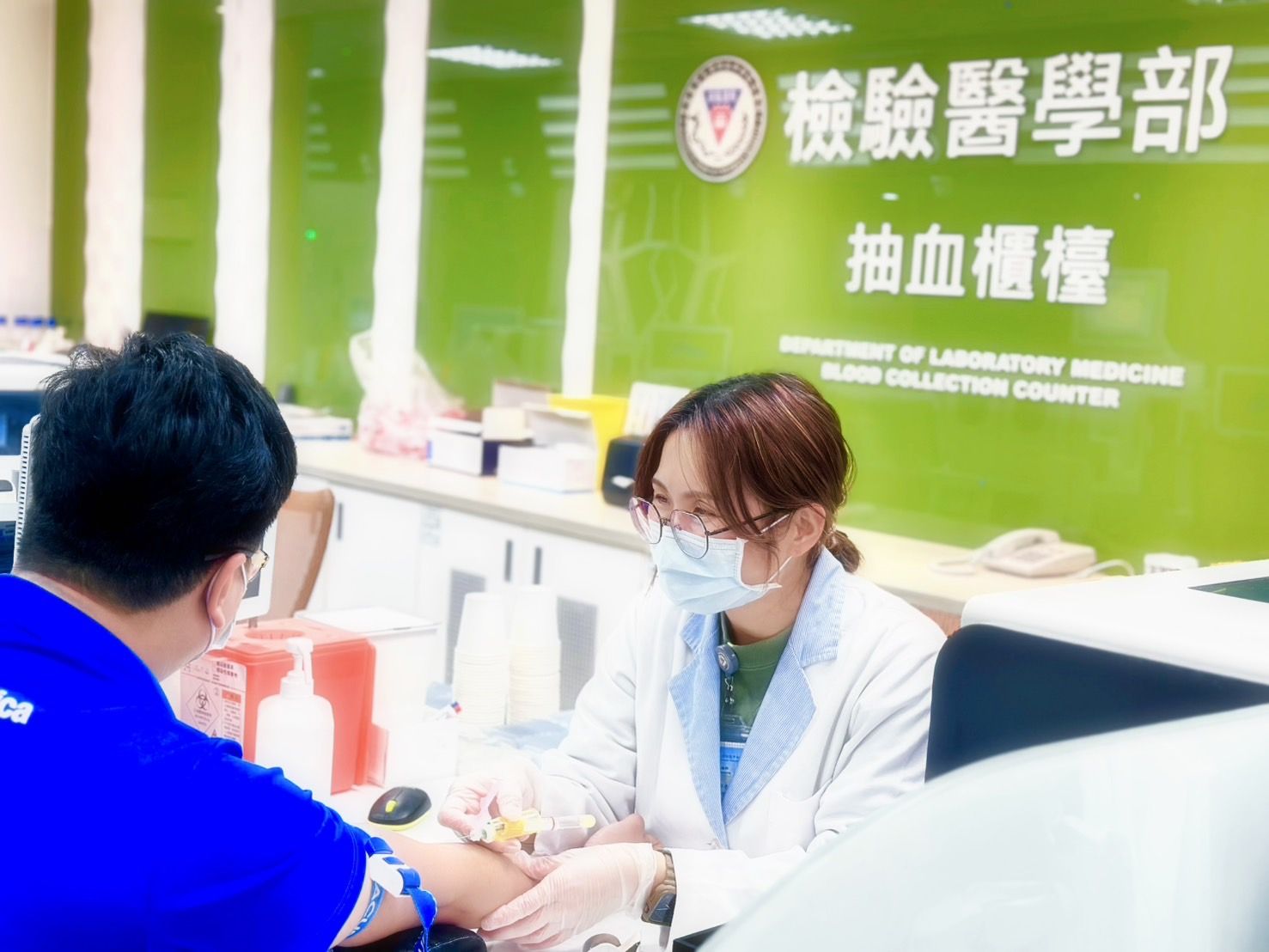
KMUH’s Laboratory Medicine Department has implemented an ultra-high-speed specimen transport system capable of cross-building delivery in 23 seconds. Pictured: Phlebotomy counterat Building C.
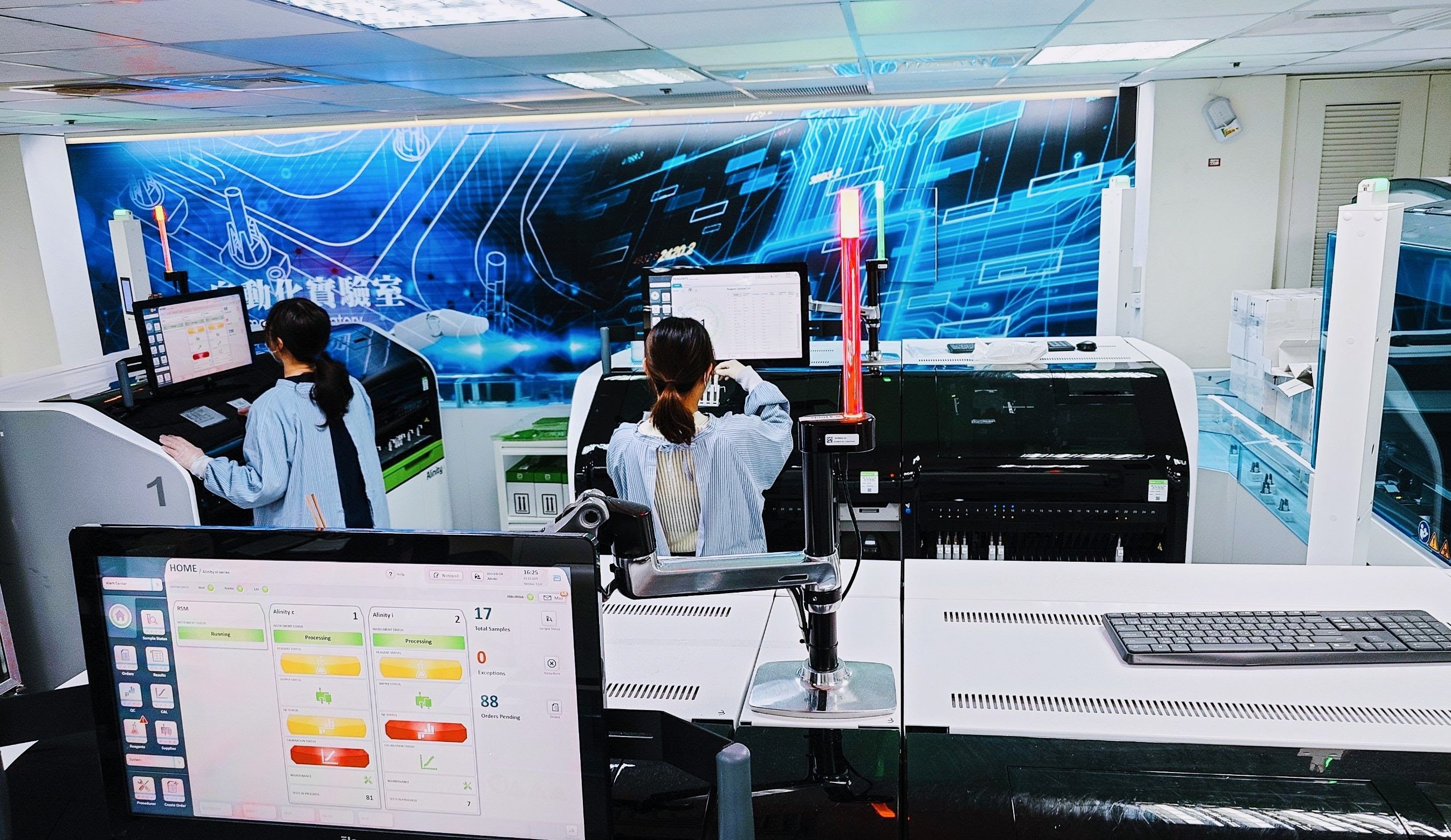
AI Specimen Tracking Dashboard and automated systems enable medical technologists to monitor specimen processing in real-time status. Pictured: Automated track system in the laboratory.
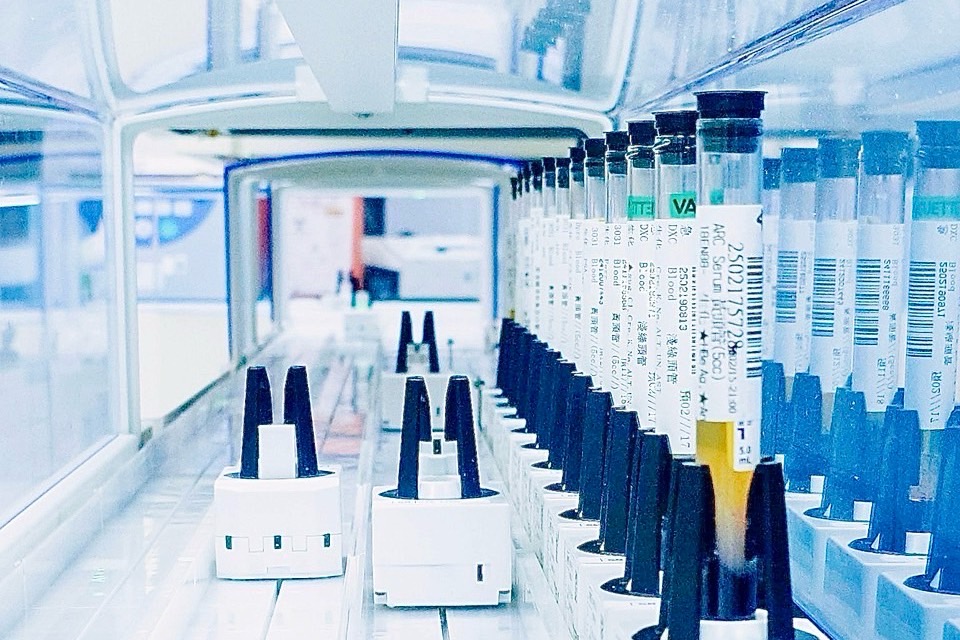
The GLP automated track uses a single-tube system with car technology to prioritize urgent specimen. Pictured: GLP track specimen return to refrigerator.
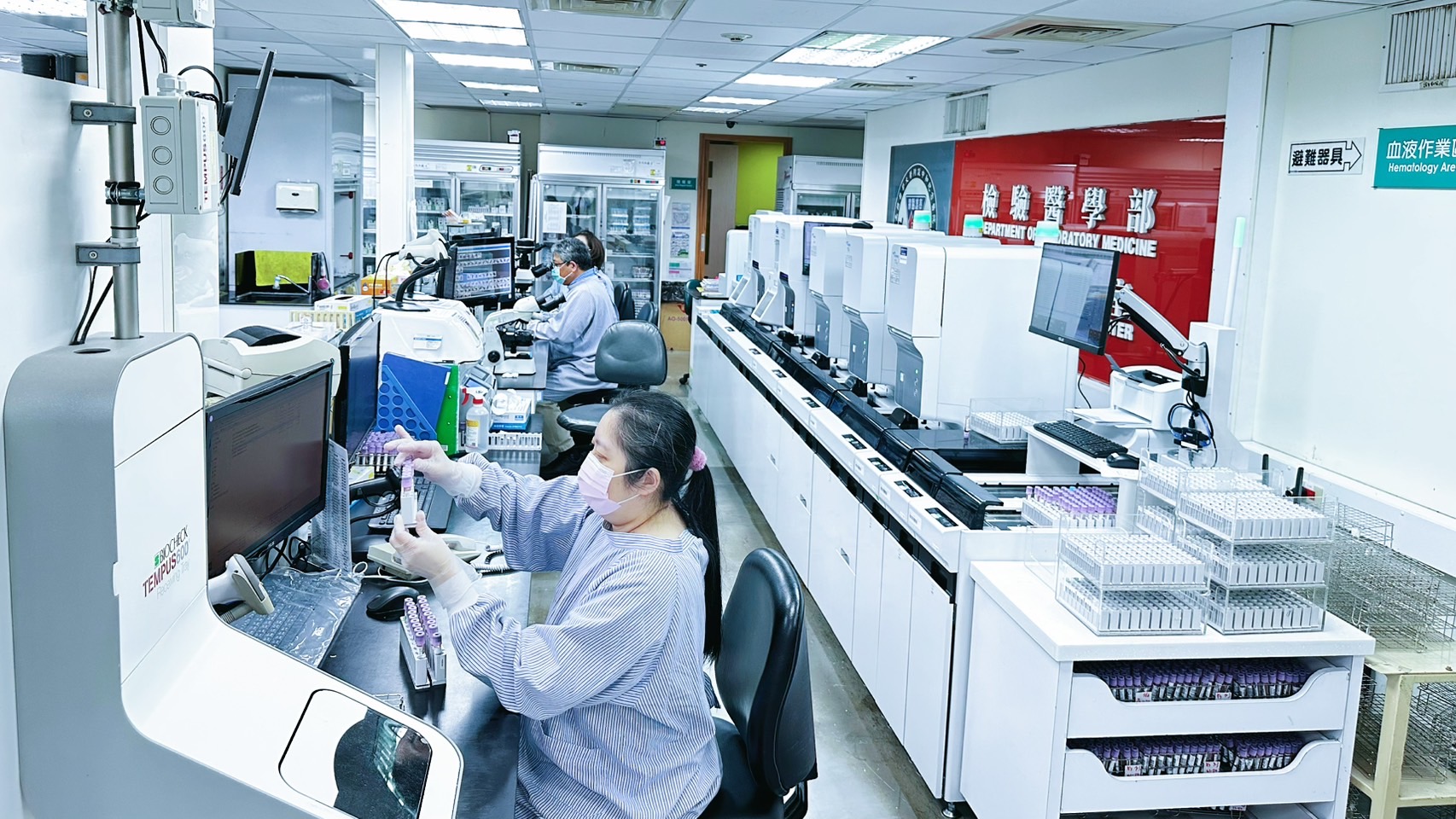
CBC samples are directly transported to the working area. Pictured: Central laboratory receiving specimenvia the new system.
